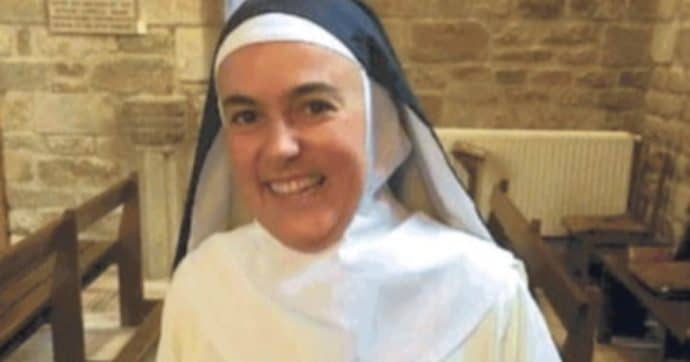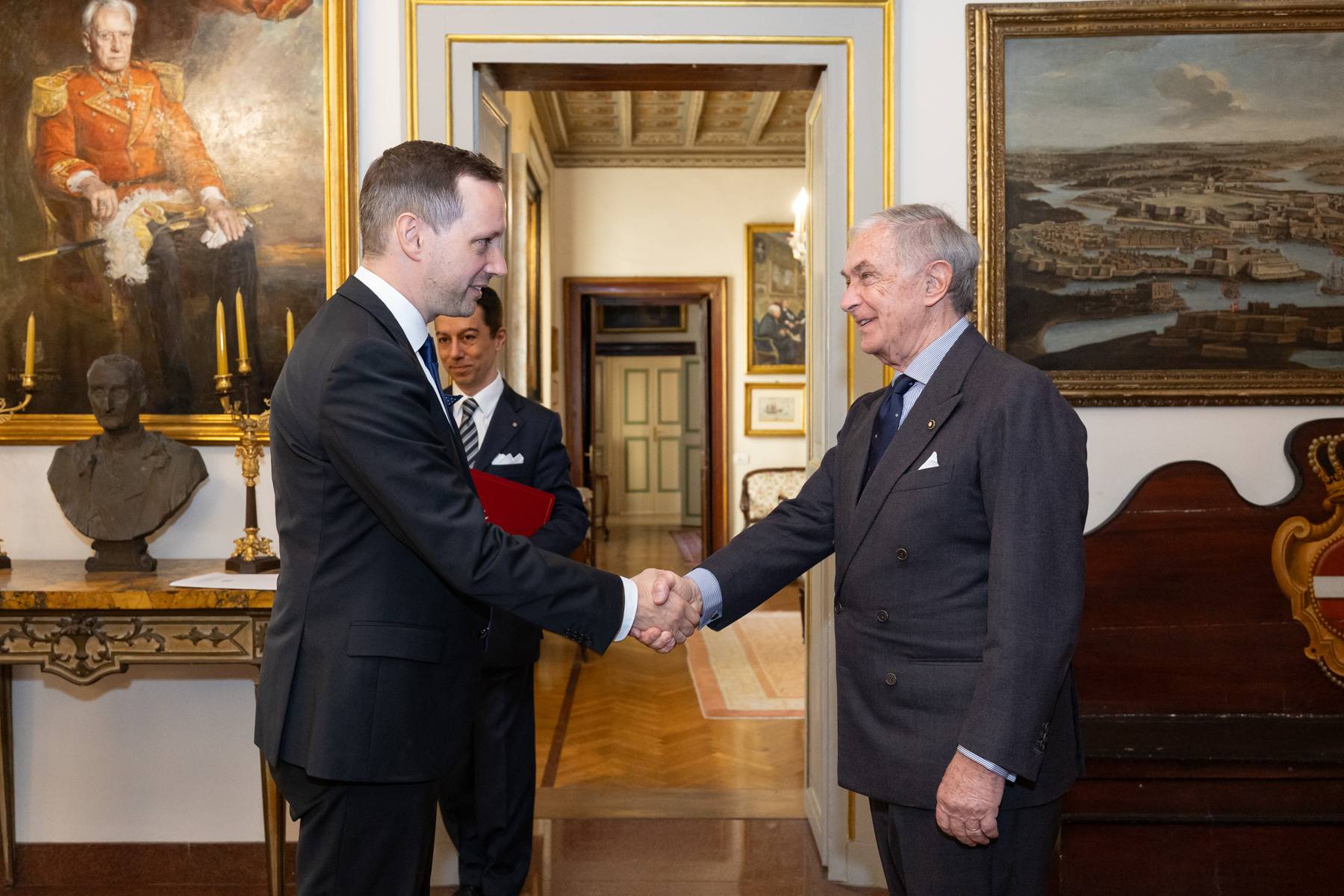NEW YORK – On a recent trip to Ukraine Magda Kaczmarek remembers a priest telling her that even though half of the church’s parishioners have fled, they maintain about the same number of parishioners with the addition of internally displaced Ukrainians – including non-Catholics.
“They are really open to God. We could feel it,” Kaczmarek, a project manager for Aid to the Church in Need (ACN) Ukraine, said of the internally displaced Ukrainians. “Nobody’s forcing them. Nobody’s asking them to church. They’re saying that they’re not a church person, but, ‘I’m very grateful I could attend this Mass.’”
Kaczmarek arrived in Ukraine on April 8 for a brief trip to the country alongside Marco Mencaglia, a project director for ACN Eastern Europe, and Dominican Sister Karolina Mordaka of ACN Poland, who served seven years as a missionary in Ukraine.
At an April 12 news briefing from the Archdiocese of Lviv offices, the small delegation from the pontifical organization emphasized the great need for spiritual relief in the besieged nation.
“Nobody is forcing those people to go to church to pray. They need that. They need spiritual support,” Mordaka said. “They are asking for this … Being over here we see those people need material help, but also they’re longing for that spiritual support.”
During the trip, the group visited parishes, communities of religious sisters, two seminaries, Latin and Greek Catholic institutions, and internally displaced people from all over Ukraine. They noted how Catholic religious communities and parishes of both rites – particularly in Lviv and Ivano-Frankivsk – have opened their doors to those in need, leading many to the faith.
Mencaglia cited a Greek Catholic seminary in Ivano-Frankivsk where the 190 seminarians take shifts in groups of 30 to help their displaced guests. Mordaka noted a group of cloistered Benedictine Sisters who have opened their newly built convent to refugees.
“We saw that this help is as pastoral as it is humanitarian for many migrants coming from Eastern Ukraine that never had an experience with the church,” Mencaglia said. “Being hosted in the structure of a Catholic church was the opportunity to meet God in a difficult situation.”
“They found help and they found food, but they also found spiritual assistance,” Mencaglia continued. “Some people were even baptized or are following the path to baptism in the church following this dramatic experience that they had.”
The trip and news conference coincided with the ACN’s announcement of phase two of their Ukraine aid that focuses in part on the spiritual needs of displaced Ukrainians. A total of $750,000 was approved for this package to go directly to religious, priests, and seminarians who have been hosting displaced Ukrainians that have both spiritual and physical needs.
There’s another $220,000 that will be added to the aid package later. ACN has also approved 27 projects totaling $630,000 in the form of Mass stipends for Ukrainian priests, according to an April 11 ACN news release.
The first relief package ACN sent to Ukraine gave $1.5 million for the dioceses, eparchies, and exarchates in both west and east Ukraine. These funds were all distributed.
The number of Ukrainian refugees that left the country climbed to over 4.6 million as of April 11, according to data from the United Nations High Commissioner for Refugees. The number of internally displaced refugees is even greater. As of the beginning of the month that number was over 7.1 million, according to the second Ukraine Internal Displacement Report issued by the International Organization for Migration.
The ACN delegation experienced both instances of hope, but also reminders of the long and difficult road ahead in their interactions with the internally displaced Ukrainian refugees.
Kaczmarek said that Ukrainians are “united” and that the “national feeling is very, very good,” citing friendships they witnessed between refugees from different cities.
However, with no immediate end to the war in sight, Kaczmarek said people continue to live with great uncertainty – not knowing whether or not they should stay where they are, continue west, or leave altogether. She added that many children don’t know what is happening around them.
“You can see the glass eyes and how stressed and traumatized they are,” Kaczmarek said, adding that “there is a huge work for psychologists” now and in the future.
“Unfortunately, for most of them, it won’t be possible [to go back home] as the future in the east is uncertain,” Kaczmarek continued. “It’s not now the moment to figure out how they can live in the future, but at least they know they can stay in these places. There is no limit of time for them to stay. The church doesn’t say you can stay for five days and then you must go out.”
Mencaglia said another part of their trip was a Zoom call on April 11 with Major Archbishop Sviatoslav Shevchuk, head of the Ukrainian Greek Catholic Church, who passed along the message that Ukrainians need continued support from the world.
“It’s very important to add motivation, as it’s a very difficult moment for them, and feel that the hope, the world’s church is close and listens to them and to be in close contact with them because they will still need it for a longer period,” Shevchuk said. “Unfortunately, this kind of support is not something that will end even with the end of the war because then there will be a path to reconstruction, a path that is even the most challenging.”
Follow John Lavenburg on Twitter: @johnlavenburg














